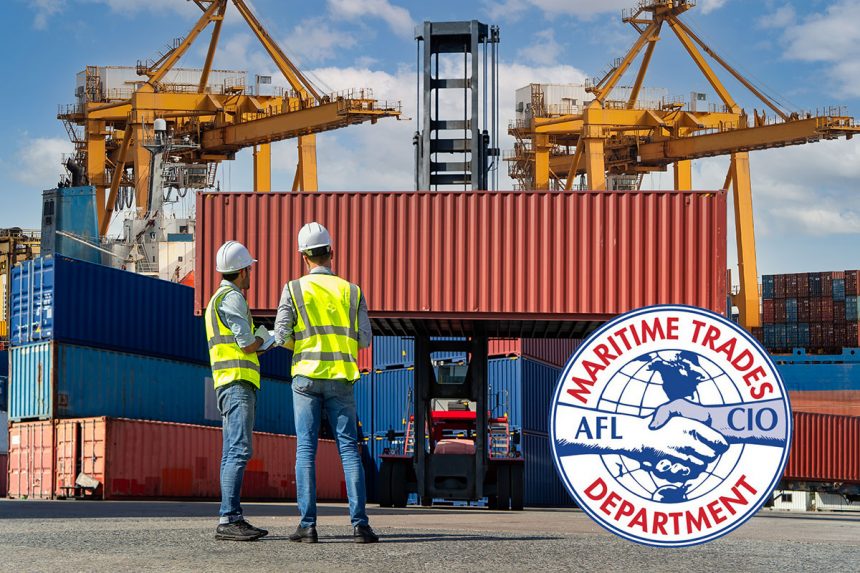Loren Thompson, the Chief Operating Officer for the Lexington
Institute, writes for Forbes magazine that the current coronavirus
pandemic should refocus the government’s attention to rebuilding the
U.S.-flag fleet.
In an April 17 article titled “Coronavirus Makes the National Security
Case for Rebuilding U.S. Maritime Power Compelling,” Thompson states
as China continues to expand its maritime footprint around the world,
especially in shipbuilding and global port operations, America is
sailing away.
“The problem here isn’t that China is competing with U.S. maritime
interests and winning,” he notes. “The problem is that official
Washington has largely deserted the field, failing to frame policies
that can maintain a reasonable balance of maritime interests.”
After recalling how U.S. maritime capabilities were severely lacking
at the start of both World War I and II, Thompson reflects how in the
present time, “This could be disastrous for the United States. In a
major conflict, the U.S. might lack the capacity to import essential
goods from other countries, it might lack the shipping tonnage to
sustain a protracted sealift effort, and it might lack the merchant
seamen to operate what vessels it does possess.
“Without a reasonably robust American-flagged commercial fleet, there
won’t be enough experienced seamen to sustain a military sealift
operation in wartime,” he adds.
Thompson saluted the efforts to support and protect the Jones Act (the
nation’s freight cabotage law) and the Maritime Security Program
(which provides annual stipends for 60 militarily useful U.S.-flag
vessels capable of being deployed in military or national emergency
operations), but they are not enough: “Such policies are helpful but
inadequate.”
He proposes Congress “bolster the American commercial oceangoing fleet
and mariner community by raising the cargo preference requirement for
all federally assisted loads to 100 percent.”
In addition, he believes there should be a comprehensive domestic
shipbuilding program and an effort to “defray the differential
operating costs of U.S. ships once they went to sea, since some
nations impose virtually no requirements on the credentialing and work
conditions of merchant mariners.”
Thompson wraps up his case by stating, “As policymakers rethink
economic priorities in the aftermath of the coronavirus crisis, now
would be a good time to recommit to being a first-class commercial
seafaring nation.”
The Lexington Institute is a Virginia-based public policy thinktank
that focuses on national security-related issues.

